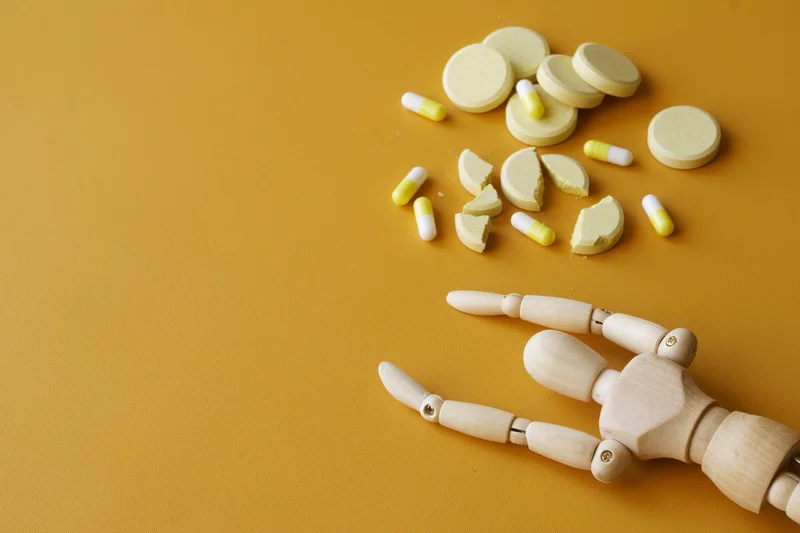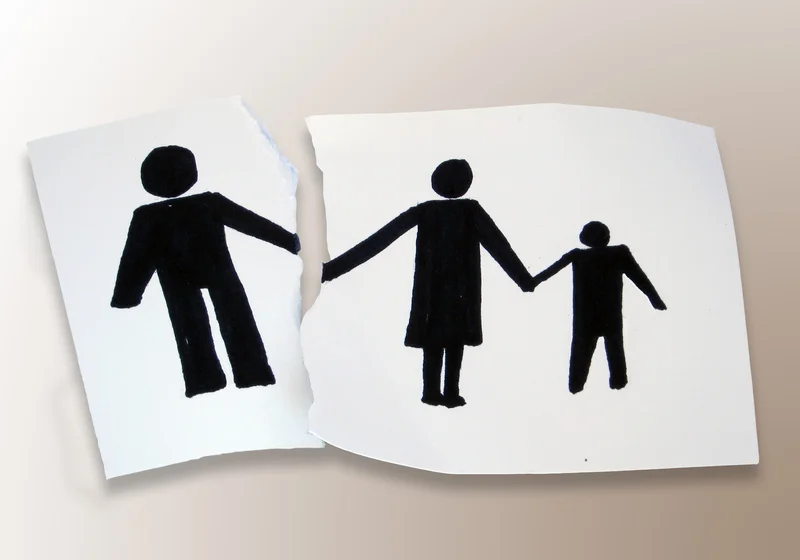What Are Relapse Triggers: Internal Vs External Relapse Triggers

By remaining vigilant and dedicated to your sobriety, you can reduce the risk of falling back into old patterns and maintain your hard-earned progress. Staying proactive by finding new, enjoyable activities and avoiding overwhelming feelings is an effective way to combat boredom. Engaging in fulfilling activities that replace substance use can help you stay on the right track and maintain your sobriety. By understanding the impact of social pressure on relapse and proactively creating a supportive network, you can ensure success in recovery. When you choose to get treatment at North Georgia Recovery Center, you can rest assured knowing that you will be treated by licensed therapists in our state-of-the-art facilities.
- A healthy routine includes a strong support system, a sober living environment, and healthy activities.
- It is essential to keep in mind that while many triggers result from negative events or experiences, positive events or experiences can also trigger a relapse.
- Fortunately, while there are several ways you may experience a trigger, there are also several ways you can positively cope with those triggers.
- With proper nutrition in hand, you can confront triggers and focus on developing a positive response.
- Whether your triggers are emotional distress or a specific situation, it is essential that you know what compels you to use when trying to lead a life of sobriety.
The Role of Behavioral Therapy in Cocaine Addiction Recovery

In either case, understanding your triggers forms a significant part of a successful recovery journey. Comprehensive programs provide the tools needed to handle internal and external triggers effectively 23. External triggers are factors outside of an individual that may provoke a craving or desire to return to substance use. Developing an understanding of these external triggers alcohol rehab and learning effective strategies to cope with them is essential in preventing relapses. When it comes down to situations, everyone handles adversity differently.

Managing External Events
It’s important to recognize relapse triggers as you recover from addiction. These desires often come from certain triggers, such as internal and external triggers examples the people you surround yourself with and the feelings you experience. By creating a plan, individuals can identify their triggers and cravings, and develop strategies to manage them. They can also build up their coping skills to help them better handle difficult situations.
- Internal triggers can evoke a wide array of emotions, including stress, anxiety, depression, and even trauma, which can increase the risk of relapse.
- There are also many alternatives to 12-step programs that may work better for you, both in-person and virtual or online.
- The best way to avoid relapse triggers is to be aware of them and to have strategies in place to cope with them.
- For instance, past failures or traumatic events can trigger feelings of guilt, shame, or fear, which might tempt an individual to resort back to substance use as a coping mechanism.
- Engaging in fulfilling activities that replace substance use can help you stay on the right track and maintain your sobriety.
- Awareness of these risks and proactive communication with your treatment team and support network can help manage relapse triggers during major life changes.
How to navigate the challenges of early sobriety

Internal triggers, deeply intertwined with emotions and thoughts, play a crucial role in the process of recovery and the risk of relapse. These triggers often originate from within the individual and are closely related to their emotional state. Understanding and managing these triggers can significantly improve an individual’s recovery journey. After experiencing a trigger, a person may have big, negative feelings – overwhelm, powerlessness, fear, etc. These feelings can be detrimental to mental health and are often a challenge to effectively address after they arise.
Understanding the Science of Withdrawal and Detoxification
It’s important for people in recovery to be aware of the internal triggers they struggle with the most and have a plan in place to seek support when needed. One of the best ways to avoid triggers is by recognizing what they are. When you can clearly define what drives the desire to use drugs or alcohol, you can protect https://ecosoberhouse.com/ yourself from them.